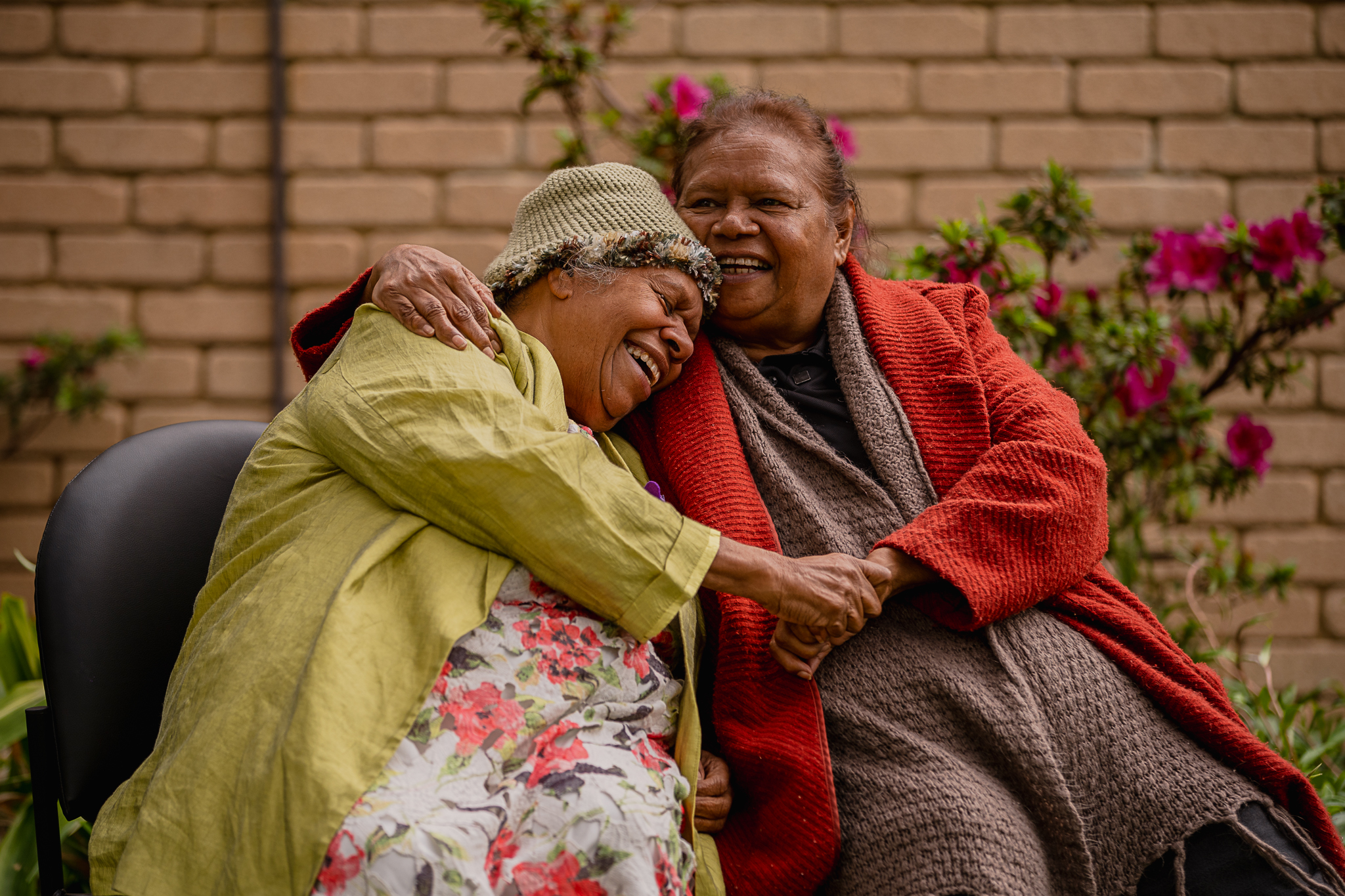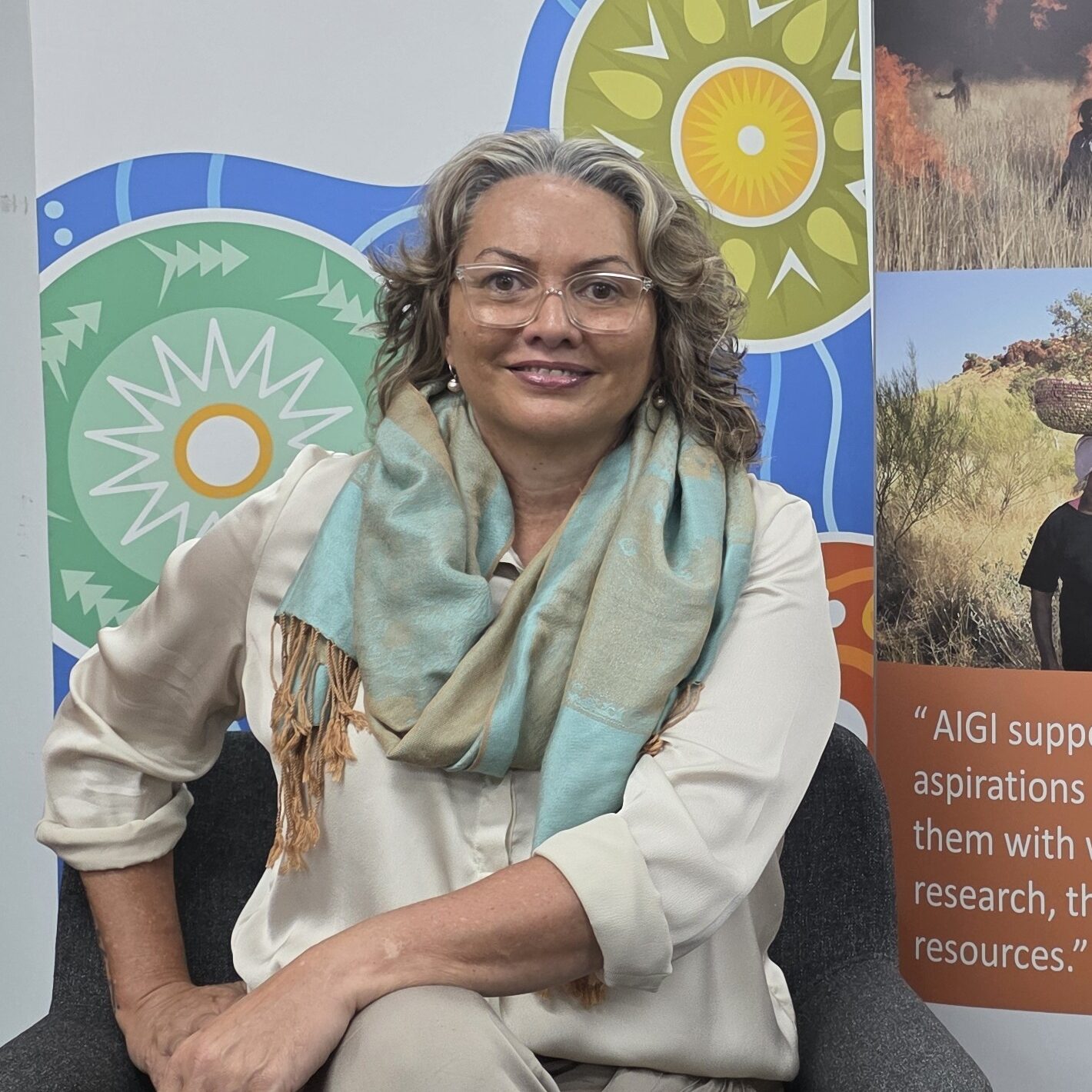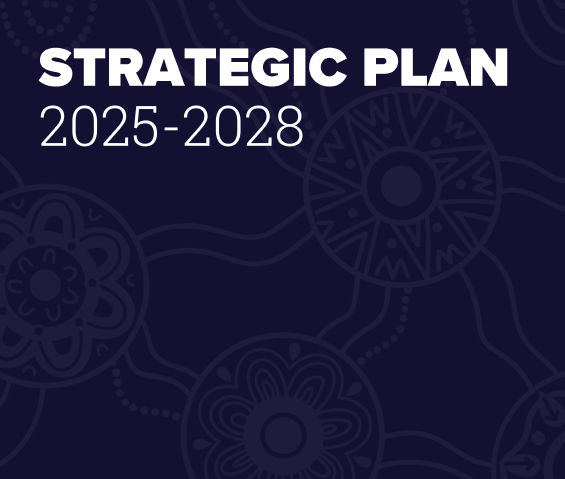Celebrating a Trans-Tasman Partnership: Māori and Australian First Nations Governance Leaders Unite...
Self-determination and governance

Governance is a foundational structure that can be used to build strong self-determined practices. We explore what self-determination means for Aboriginal and Torres Strait Islander peoples and how it can bring real change.
While reading this topic, think about the following questions and how they relate to your organisation, community or nation:
- Why is governance important for self-determination?
- Think of an organisation, community or nation you’re involved in. How could effective governance help you bring change to your group?
- How can improving the governance of your organisation, community or nation improve its efficiency and effectiveness in meeting its aims?
Governance is a vehicle for self-determination
Governance is the way people organise themselves to achieve a shared goal. Governance helps:
- protect people’s welfare and human rights
- manage resources – money, people, natural, cultural
- create and enforce rules, policies and laws
- prioritise and deliver essential programs and services
- set and achieve goals
- negotiate relationships with external parties.
For all these reasons, a strong governance foundation is important. It helps to achieve the things that really matter to your organisation, community or nation.
Aboriginal and Torres Strait Islander peoples have had their own governance systems for tens of thousands of years. In all parts of Australia, British colonisation has disrupted and changed these systems. Often, people were forcibly relocated to settlements with western governance structures, rules and values.
Today, many Aboriginal and Torres Strait Islander peoples are rebuilding and strengthening their governance arrangements. They are doing this to:
- organise themselves in ways that are meaningful
- start development projects that align with cultural and collective priorities
- make laws and decisions that solve difficult social problems
- balance cultural integrity with change
- shape relationships with neighbouring societies in their own ways.
In this sense, governance is a vehicle for self-determination.
Self-determination means Aboriginal and Torres Strait Islander peoples having meaningful control over their own lives. That is, having genuine decision-making power and responsibility about what happens to their peoples and lands.
Development is change that makes people’s lives better in ways that they want.
“If we are truly committed to the notion of self-determination, we cannot begin to pursue it without instruments of governance. If we do not have these structures, we cannot engage with government other than on an ad hoc, individual basis that leaves us vulnerable. We cannot engage in partnerships with business, we cannot benefit from the essential nature of our communal identity as Indigenous people. If we want to acquire native title and manage it for the benefit of our communities, this cannot be achieved without effective governance both during the process of acquisition and once the native title is acquired.
We can’t possibly hope to negotiate a treaty or any other form of meaningful national agreement if we don’t have governance structures that legitimise our side of the negotiation.”
– Jackie Huggins 2003, extract from speech, 10th Annual Cultural Heritage and Native Title Conference, Brisbane, 30 September 2003
For more information about self-determination, see Self-determination for Aboriginal and Torres Strait Islander peoples.
Effective governance brings real change
Practical, effective and culturally legitimate governance is fundamental for bringing real change.
“Good governance is perhaps the single most important factor in eradicating poverty and promoting development.”
– Kofi Annan, Former UN Secretary-General, 1999
Evidence shows a strong link between governance and achieving social and economic development outcomes.1Diane Smith, Organising Aboriginal Governance: Pathways to Self-Determined Success in the Northern Territory, Australia (The Aboriginal Governance and Management Program, Aboriginal Peak Organisations of the Northern Territory (APONT), 2005), 19, (link) The United Nations Development Program (UNDP) argues that governance is at the heart of sustainable human development. It’s also necessary to respond to the social, economic and health concerns of First Nations peoples in Australia.2United Nations Development Program, Capacity development: A UNDP primer, United Nations Development Program (New York, 2009), (link)
“The bottom line is that improved governance by Aboriginal people and their organisations is likely to lead to significantly improved outcomes for Aboriginal people.”
– Diane Smith, Organising Aboriginal Governance: Pathways to Self-determined Success in the Northern Territory, Australia, 2015
Strong, effective Indigenous governance and decision-making is essential for Aboriginal and Torres Strait Islander peoples to:
- exercise their right to self-determination and economic and community development
- support the cultural values and economy of a flourishing community.
The Institute for Urban Indigenous Health (IUIH) was a Finalist in Category A of the 2014 Indigenous Governance Awards and Joint Winner in Category A in 2018. CEO, Adrian Carson, highlights the wider significance of governance, identifying that good governance is fundamental to ‘achieving healthy outcomes’. This video was filmed in 2014 at the Indigenous Governance Awards.
“Unless you can sort your governance, unless you’ve got a very clear vision for what it is you need to do, and that you’ve got the ability to generate your own income so that your independence is an economic one, they are fundamental things to community control. So, we say good governance is fundamental to achieving healthy outcomes. So, if people don’t believe in their institutions, it effects their ability to believe in themselves, their community.”
– Adrian Carson, CEO of IUIH
We’ve translated our extensive research on Indigenous governance into helpful resources and tools to help you strengthen your governance practices.
Stay connected
Subscribe to AIGI news and updates.









.png)


